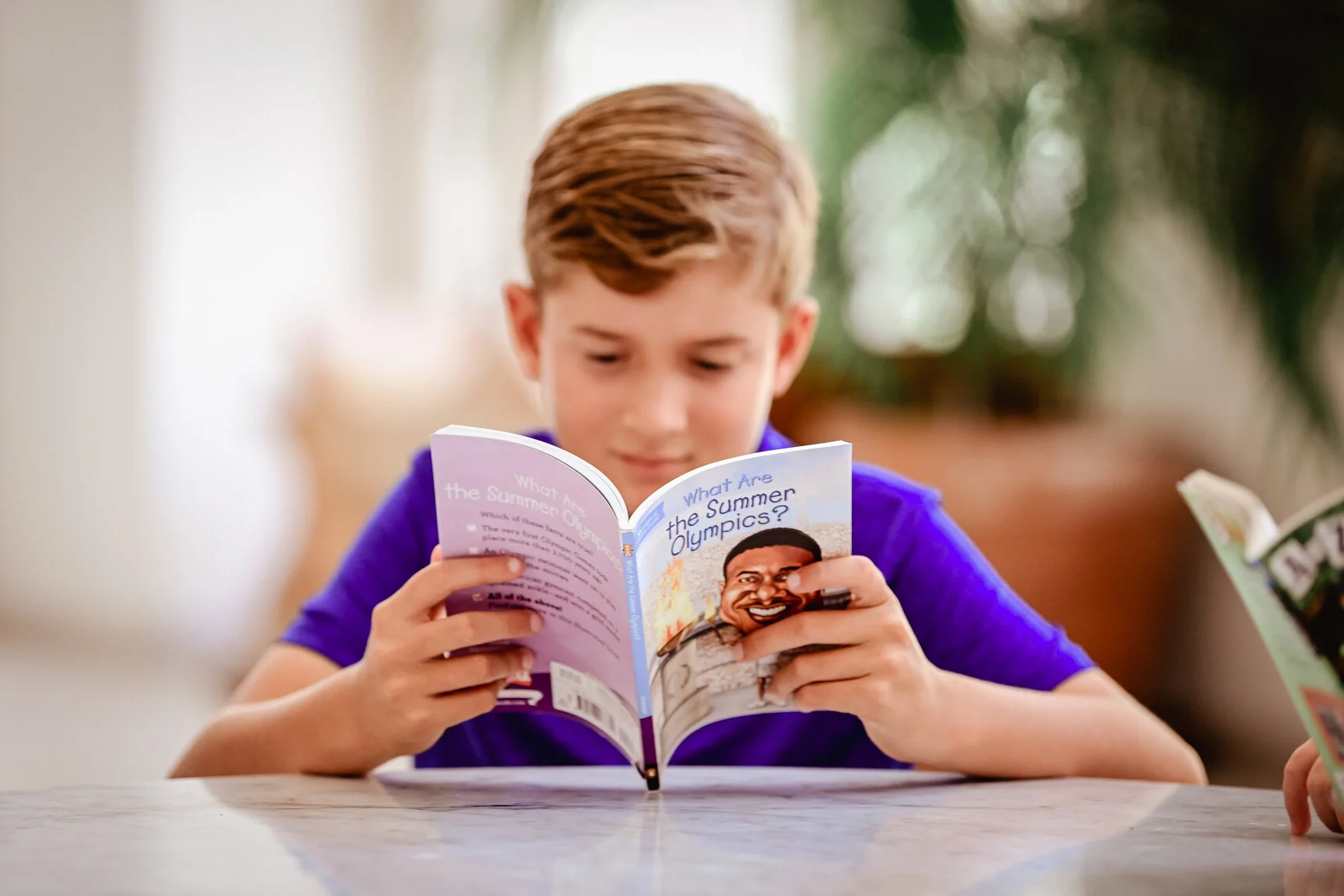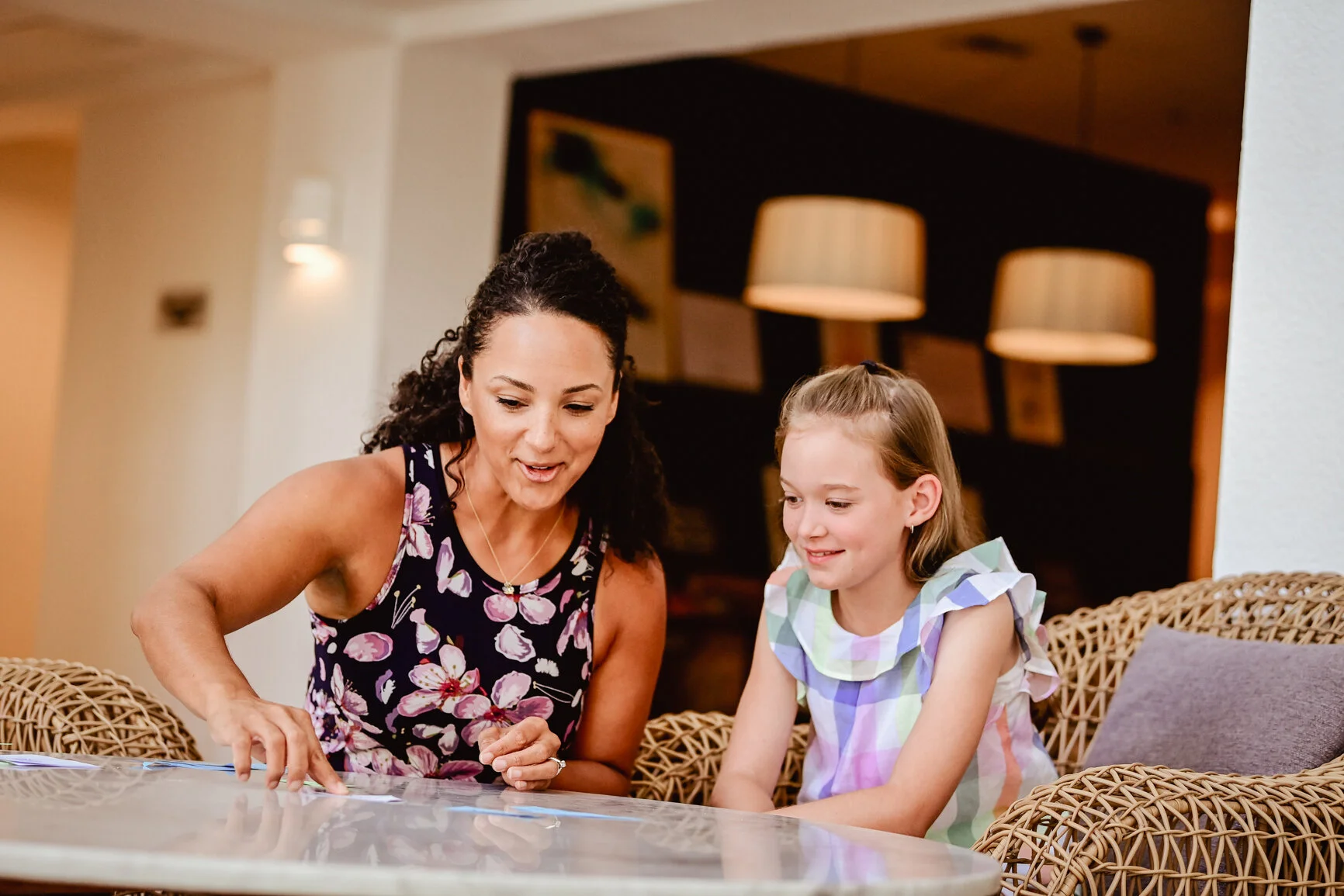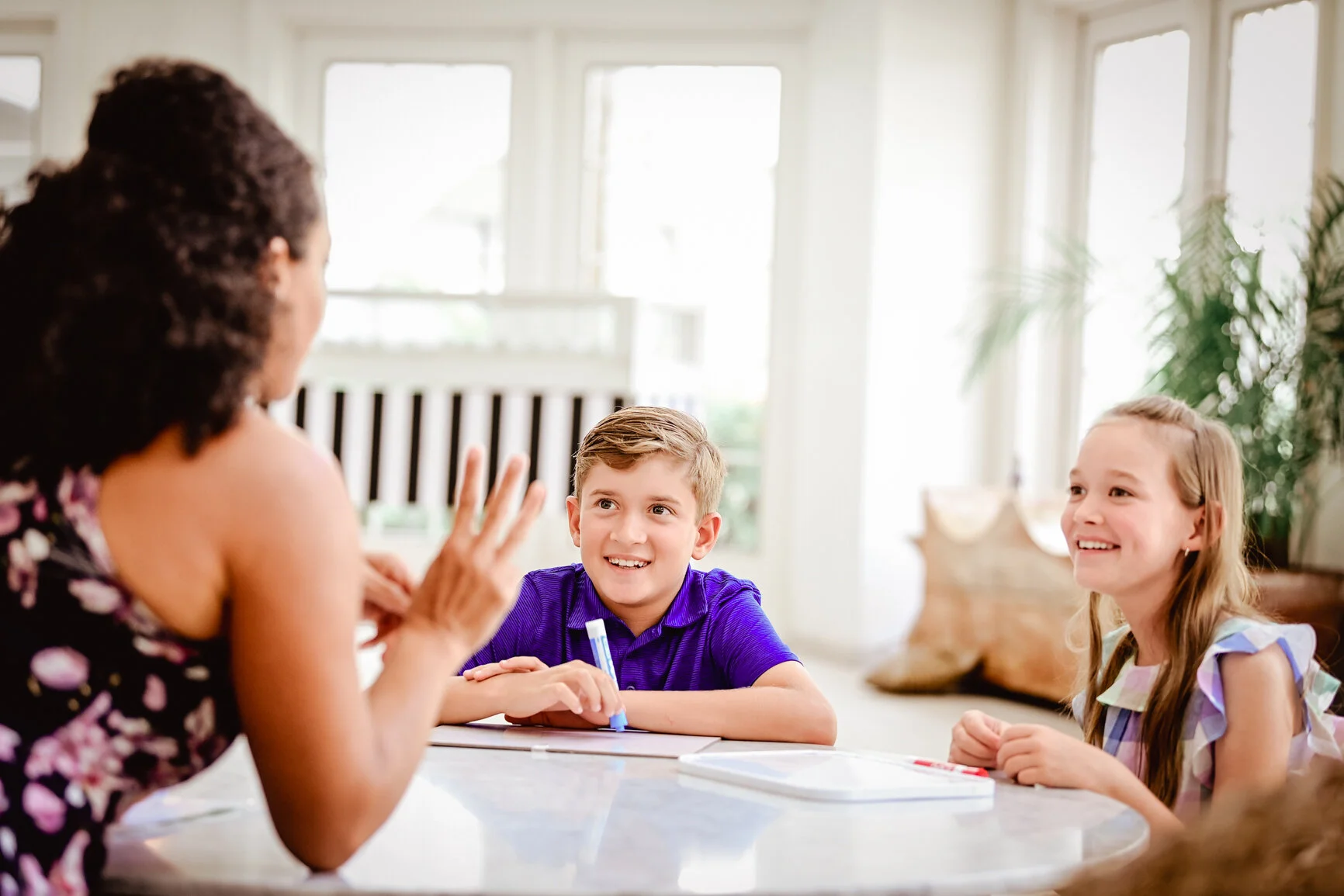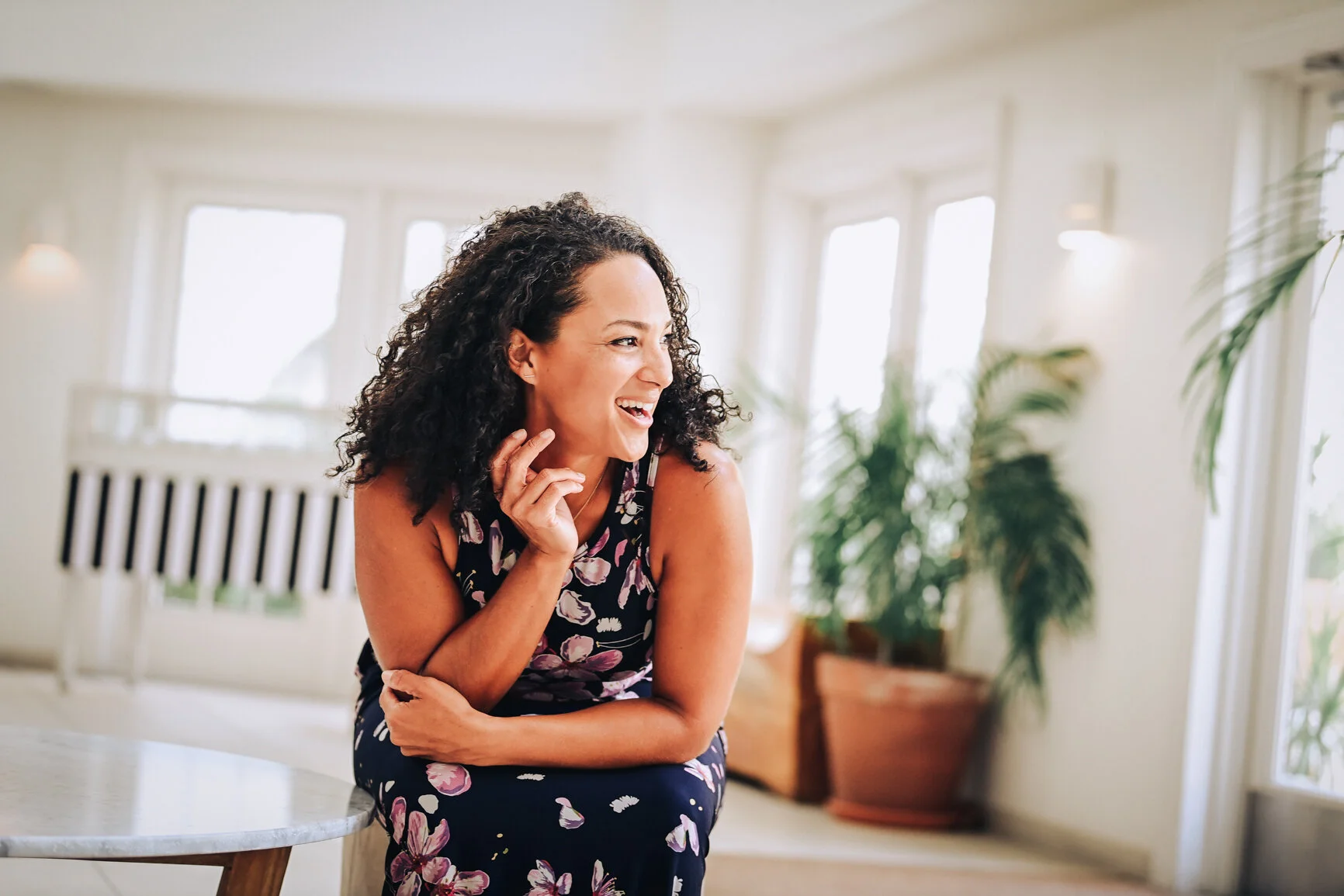Who We Are
Hi, I’m Kristina
I’m an educational therapist and the owner of Innovative Pathways, an educational therapy firm offering support to students, families, and educators in the Cayman Islands.
Having possessed a passion for caring for children from a young age, my breakthrough moment came in working with children balancing behavioral, learning, and physical concerns. With the intention of becoming a pediatrician, I went on to achieve Bachelors degrees in Biology and Psychology in 2003. Upon realizing that I wanted to offer more personalized support for children and families, I went on to earn my Masters in Child Development in 2005. Experiences as an aide to children with Cerebral Palsy, Down Syndrome, and Autism combined with over a decade as a Lower Elementary Montessori guide further reinforced my desire to differentiate learning experiences for children. In January 2019 I decided to seek certification in the love of learning and development that I’d been offering all along. Educational Therapists are few and far between and offer a service that not everyone understands, but the desire to do and the love for what we do is obvious.
“I want to hear the unique story of your child’s development in order to understand your child, scaffold their needs and value the wonderful attributes they already possess.”
Additional Training:
Educational Therapy certification, 2020
Emotional Literacy Programme Master Trainer (Alex Panton Foundation), 2020
Initiated and led the Learning Support program at Montessori By The Sea, 2012-2019
Yoga instructor Certification, 2018
Wilson Reading System trained, 2013
Member of Learning Disabilities Association, 2012
North American Montessori Center Lower Elementary trained, 2010
What is Educational Therapy?
Educational Therapy is a combination of therapeutic and educational strategies that benefit all types of learners. Working in a one-on-one setting allows Educational Therapists to individualize the form of support each learner receives with attention to their learning style. Ultimately our role is to teach learners how to learn how to be successful, autonomous learners.
While tutoring is offered (i.e. support in specific areas of curriculum), education therapy focuses on assessment, remediation, skills, and strategies geared toward sustained learning.
My Approach
I strive to support the overall development of your learner in as many ways as possible.
I value the opportunity to teach learners through audio/aural, physical/kinesthetic, verbal/linguistic, and visual/spatial methods. Not only will we sing songs or create mnemonics, but we’ll also build models, color code, and incorporate any tool that bolsters learning!
Rapport with others has played a huge role in guiding my personal growth and is, therefore, the cornerstone of my relationships with young learners. I truly want to know how your learner is feeling as we enter a session, hear the connections your child is making during the session and discuss what they may do with this information later in life.
I hope that my love for education therapy and investment in every learner is felt. The success of each learner starts with knowing that one person is devoted to their success.
Phases of Learning
Introduction
While building rapport, this is the first milestone in our learning journey. During this 4-6 weeks period, we evaluate learning style, assess where your learner is, and develop learning goals with input from the learner, family, educators, and allied professionals.
After this, we will schedule a check-in phone call or email to discuss assessment results, progress witnessed, and next steps. We will also connect with the appropriate third parties such as the school and other professionals.
Progress
This milestone has the largest time frame - anywhere from one to three school years depending on development rate and needs. We work on building skills, self-awareness, and resilience as comfort with learning and flexible thinking are challenged.
Learners can fluctuate between euphoria and exasperation during this stage, while families and allied professionals begin to witness glimmers of hope.
Mastery
This milestone is just as important, if not more important, than the others as it requires careful monitoring from both myself and the learner. At this point, the learner is confident in what they know, applies skills with improved accuracy, and comfortably speaks up for themselves. Most times the learner isn’t excitedly requesting that we wrap up our sessions, but with reflection and discussion, they come to understand that they no longer requires support.
Results
Connections in mind
Links to real life

The more connections we can make in the mind, the more connections we can make in real life. From there, the only direction for the child is up!
“All the things you are Miss K:
Kind,
Respectful, Inspiring, Splendid, Terrific, Incredible, Naturally Beautiful, Amazing!”
- WA
“Every child deserves a champion: an adult who will never give up on them, who understands the power of connection and insists they become the best they can possibly be.”
— Rita Pierson, professional educator
“I want to join you in being that person for your child as they discover the amazing, beneficial, and unique skills they have that will change their world.” - Kristina
Innovative Pathways would like to thank
Cayman Theraplay, KidsAbility, and Montessori By The Sea
for valuing the importance of inclusive learning.





